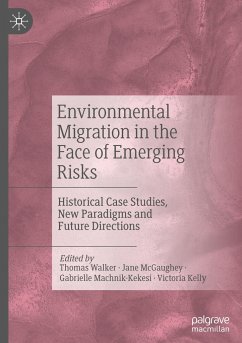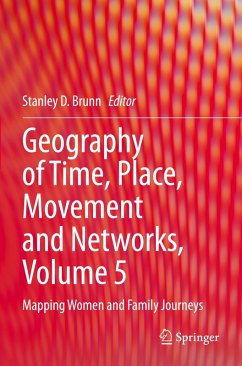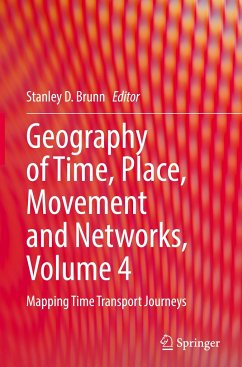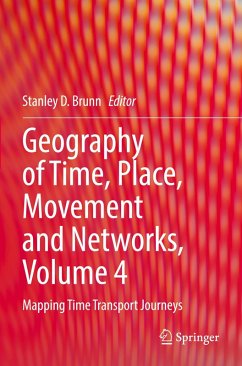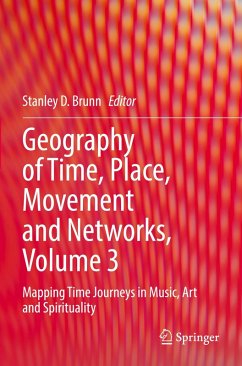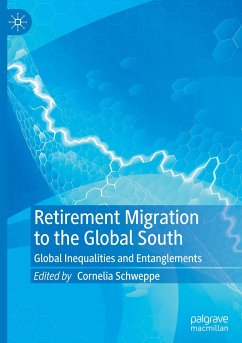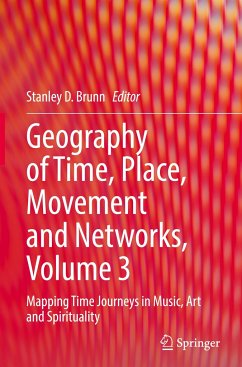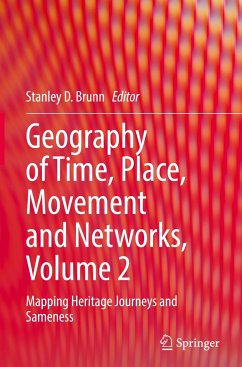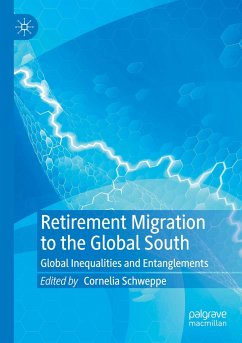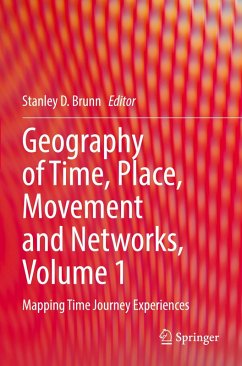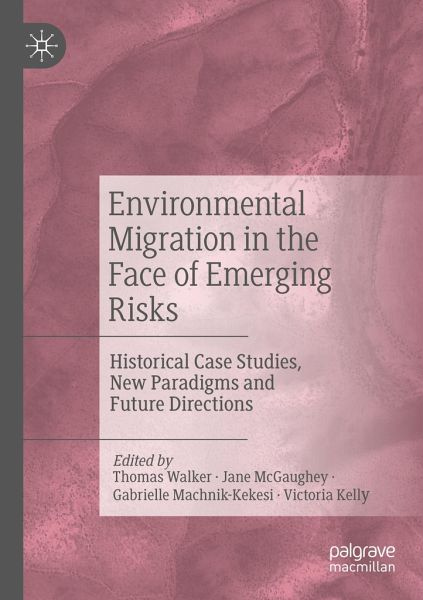
Environmental Migration in the Face of Emerging Risks
Historical Case Studies, New Paradigms and Future Directions
Herausgegeben: Walker, Thomas; McGaughey, Jane; Machnik-Kekesi, Gabrielle; Kelly, Victoria
Versandkostenfrei!
Versandfertig in 6-10 Tagen
106,99 €
inkl. MwSt.

PAYBACK Punkte
53 °P sammeln!
This book will provide a space for new and emergent research in environmental migration, particularly in the context of a world beginning to emerge from the grip of a debilitating public health crisis that kept many firmly rooted in place while displacing others internationally. With famines, vast wildfires, droughts, and record heatwaves uprooting human settlements internationally, research on migration in the face of emerging risks is all the more urgent. As Balsari, Dresser, & Leaning point out, "the wall-building, xenophobic, and insular" platforms of some global powers in their immigratio...
This book will provide a space for new and emergent research in environmental migration, particularly in the context of a world beginning to emerge from the grip of a debilitating public health crisis that kept many firmly rooted in place while displacing others internationally. With famines, vast wildfires, droughts, and record heatwaves uprooting human settlements internationally, research on migration in the face of emerging risks is all the more urgent. As Balsari, Dresser, & Leaning point out, "the wall-building, xenophobic, and insular" platforms of some global powers in their immigration and asylum policies, and the ever-increasing stresses placed on the natural world that continue to make sites of human settlement less and less hospitable, make research on this topic both very timely and much needed. This book will include numerous case studies, historical analyses, projections, models, and recommendations for both policy and future research directions. Contributions are drawn from academics and practitioners in this fertile interdisciplinary field of academic inquiry, and each one focuses on the intersection of population and environment studies, history, geography, law, diaspora studies, economics, public health, and sociology.
This book is composed of five clear sections. The introductory section includes one chapter that presents an overview of the current landscape, the scope and objectives of the book, as well as its specific approach and the various themes. The concluding section is composed of one chapter that presents a global map of recent innovations drawing together some of the core themes discussed throughout the book. The concluding chapter synthesizes the challenges and opportunities presented, and the possible future directions that researchers, practitioners, and regulators could and should move towards.
This book is composed of five clear sections. The introductory section includes one chapter that presents an overview of the current landscape, the scope and objectives of the book, as well as its specific approach and the various themes. The concluding section is composed of one chapter that presents a global map of recent innovations drawing together some of the core themes discussed throughout the book. The concluding chapter synthesizes the challenges and opportunities presented, and the possible future directions that researchers, practitioners, and regulators could and should move towards.



